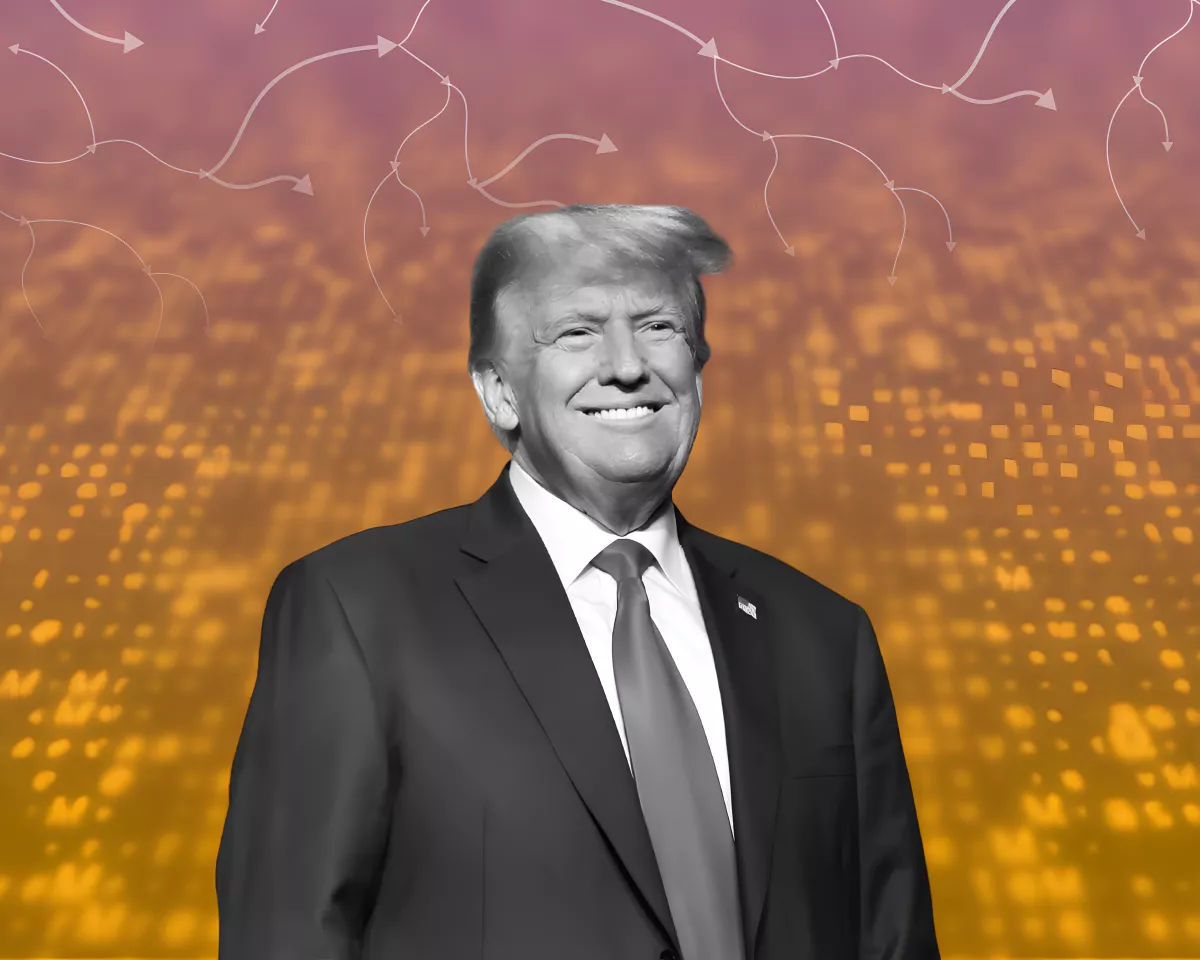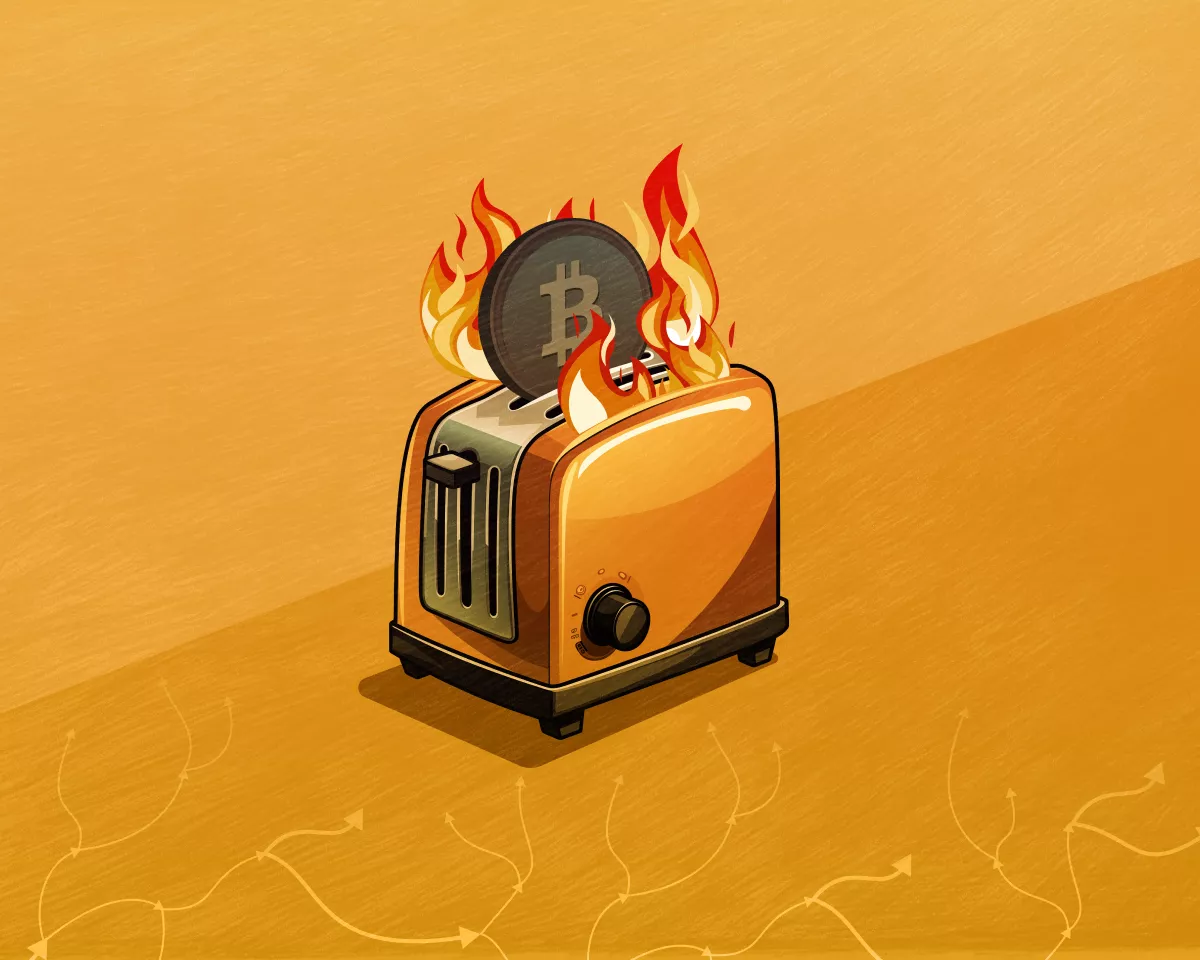Summary Tether's market cap rises with Bitcoin, increasing its Treasury holdings, making it a crucial buyer of U.S. debt amid weak bond demand. The U.S. government benefits from Bitcoin's rise, as Tether's increased Treasury purchases could help alleviate the nation's budget deficit. Tether's stability and role as a safe haven during Bitcoin volatility mitigate risks, even if Bitcoin's value drops. The relationship between Bitcoin, Tether, and U.S. debt presents a compelling case for Bitcoin to surge in the months ahead. Preamble Six months ago, had I seen the headline above, I would have guffawed to the point of apoplexy. However, in the words of our modern-day sage, Mr. Bob Dylan; The times they are a changin’. Rather than keep readers hostage, let me outline my thesis and then support my hypothesis in detail within the body of the article. Tether (USDT-USD) plays a considerable role in the Bitcoin (BTC-USD) ecosystem, despite not being Bitcoin-based itself, by being a bridge between fiat and crypto. Investors in Bitcoin often trade via this stablecoin, so, as the price of Bitcoin rises, so does the market cap of Tether. As followers of Bitcoin are aware, Tether claims that each token is backed by reserves, and a significant portion of these reserves are held in short-term US Treasury bills. So, given that the current market cap of Tether is around $130 billion, we may conclude that the stablecoin is backed by the equivalent sum of T Bills together with other tradeable assets. My thesis is that the US government would not oppose Bitcoin rising ever higher as this would lead to a further rise in Tether, and consequently, it would establish itself as a more than significant buyer of T Bills. Indeed, given recent poor demand in bond auctions, it has, in fact, become desirable that Bitcoin rise to heady levels. Tether For those unfamiliar with Tether, it is a stablecoin pegged to the US dollar, meaning its value is designed to remain stable at $1 per USDT. This stability makes it easier for people to move money between traditional fiat currencies, such as the US dollar, and Bitcoin. Investors can buy Tether with USD and then use that Tether to buy Bitcoin, avoiding the volatility of directly exchanging USD for BTC. Many exchanges use Tether trading pairs (BTC/USDT for example) as their primary trading pairs, even more so than USD pairs, thus improving liquidity. This high liquidity makes it easier for traders to buy and sell Bitcoin quickly and efficiently, facilitating smoother market operations. There any numerous other advantages that have led to the market cap of Tether soaring over recent years. A mere five years ago Tether’s market cap was a paltry $4.5 billion, and now it has increased around 2,767% to reach $129 billion. This enormous percentage rise dwarfs even the market cap of Bitcoin. Over the same period, the market cap of Bitcoin has increased by circa 1,526% from $115 billion to the current market cap of about $1.87 trillion. Tether Treasury Bill Holdings Tether recently announced a massive $5.2 billion profit for the first half of 2024. This success is largely due to their huge investment in U.S. Treasury bonds, which has reached a record-breaking $97.6 billion. To put this into perspective; “This achievement brings Tether’s exposure to Treasuries above Germany.” The company reportedly issued over $8.3 billion worth of their stablecoin in the second quarter alone. Because USDT is pegged to the U.S. dollar, Tether needs to back it with reserves such as Treasury Holdings or equivalents. According to the company’s attestation; “Tether also ranks 3rd in purchases of 3-month U.S. Treasuries, after the United Kingdom and the Cayman Islands. Given the trajectory of USDT adoption, it sees the potential of becoming 1st in the next year.” What this means is that it is in the US government’s interest if Bitcoin heads higher, particularly given the high deficit spending. In addition to their Treasury holdings, they also have significant assets in Bitcoin, amounting to $4.7 billion, and hold an extra $5.3 billion in reserve. Treasury Issuance The U.S. is increasingly relying on short-term borrowing to cover its growing budget deficit, which is a trend driven by a complex series of factors. To begin with, short-term debt generally carries lower interest rates than long-term debt. Thus, the government can minimize its interest costs by issuing more short-term debt and refinancing it frequently at lower rates. In recent years, there has been a consistently strong demand for short-term US Treasury securities. These securities are considered very safe and liquid, making them attractive to a wide range of investors, including financial institutions, foreign governments, and individual investors. Perhaps most importantly, there has been a lackluster demand for long-dated paper. According to Barron’s ; “The Treasury’s auction of 30-year bonds on Thursday went about as badly as it could, indicating investors are reluctant to own long-dated government securities. At the auction of government debt that matures in 30 years, investors were awarded 4.769% in yield, 0.051 percentage point higher than the yield in pre-auction trading. The difference between the two yields—called a tail—indicated a weak auction where the U.S. government had to entice investors with a premium over the market to buy their debt. Primary dealers, who buy up supply not taken by investors, had to accept 24.7% of the debt on offer, more than double the 12% average for the past year.” This is a topic I have previously covered in my article on gold . In the piece, I highlight data from the Congressional Research Service , which highlights the dwindling demand for treasuries from foreign buyers. Given the above, it doesn’t take a rocket scientist to conclude that Tether may well continue to be an important buyer of US bonds and that the US government is unlikely to stand in the way of the continued rise of Bitcoin. US Marketable Securities Are there any readers that would disagree that the demand for more money by the US government is probably going to rise in the near term, certainly not the government. According to The Treasury ; “During the January – March 2024 quarter, Treasury borrowed $748 billion in privately held net marketable debt.” For the same quarter in 2025, the estimate by The Treasury is to borrow $823 billion , or $75 billion more, which equates to approximately $25 billion a month extra. So, a back of the envelope calculation gives us $150 billion over the next six months. The Path To Further Rises In Bitcoin Counter intuitively, we have seen is that the market cap of Tether is rising faster than that of the market cap of Bitcoin. So, if Bitcoin hits, say, $200K a coin, well then, we may surmise that the market cap of Tether will more or less double, as a result of inflows, to reach circa $260 billion. And if the company follows through with their promise to purchase Bills, almost the full amount of the excess debt of $150 billion can be purchased, which would be a massive relief for the US government. What Happens To Tether If Bitcoin Falls Perhaps there are some who may suggest that the market cap of Tether could fall, which would lead to a sell-off of their holdings of Bills. It seems to me that even if Bitcoin were to slump in value, Tether would be only modestly affected. Tether is designed to maintain a stable value pegged to the US dollar. There are a few reasons why a Bitcoin nose dive is unlikely to significantly impact Tether's market cap To begin with, whilst we may agree that Bitcoin is Tether is used for stability and as a safe haven during Bitcoin volatility. When Bitcoin falls, investors often move funds Tether, increasing demand and potentially its market cap. Tether, as I have mentioned, is backed by reserves such as Treasuries or equivalents, which should insulate Tether from Bitcoin's price fluctuations. If Bitcoin falls, it doesn't directly affect Tether's reserves. Risks To Thesis In this world, no investment comes with a guarantee to go up forever. It is possible that there will be a total loss of confidence in cryptocurrencies at some point in the future. This would, I suspect, impact even Tether, which could then precipitate a wholesale sell-off of the assets. Summary There is a fascinating relationship between Bitcoin, Tether, and the U.S. government's debt. It appears that the U.S. government might actually be rooting for Bitcoin to skyrocket to $200,000. Why? Because it could lead to Tether coming to the rescue of the US by purchasing the government’s debt. As Bitcoin rises, so does Tether's market cap, and a significant portion of Tether’s inflows are held in US bonds. Tether's demand for Treasury bills could be a lifeline for the government. A loss of confidence in Bitcoin could impact even Tether, potentially leading to a sell-off of their assets. However, Tether's stability and role as a safe haven during Bitcoin volatility could mitigate this risk. Overall, the dynamics between Bitcoin, Tether, and the U.S. Treasury market present a compelling case for Bitcoin to head much higher within the next six months.





















